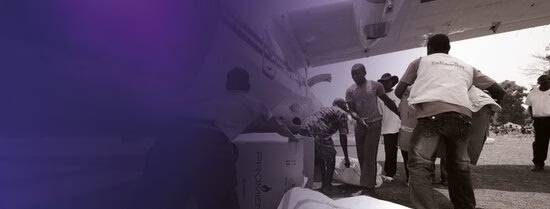In this Humanitarian Governance webinar, Dr Jannatul Ferdous discusses how media narratives and portrayals of displaced people has affected the Rohingya refugee crisis.
- Associate professor
- Date
- Tuesday 1 Oct 2024, 12:30 - 13:30
- Type
- Webinar
- Spoken Language
- English
- Room
- Zoom
- Ticket information
You will receive the Zoom link in the registration confirmation email.
For the Rohingya people, a journey to safety has been shaped by centuries of persecution and bigotry. Although the Rohingya have lived in Myanmar for thousands of years, they have been subject to severe persecution and assault by the country's Buddhist majority.
As a result of the Burmese government's refusal to grant them citizenship and numerous restrictions on their access to healthcare, education, travel and other fundamental rights, the Rohingya people do not now own a nationality.
In this webinar, Dr Jannatul Ferdous compares and contrasts the worldwide, Myanmarese and Bangladeshi coverage of the Rohingya refugee issue. She explores the ways in which media ideology, political economy and the Rohingya refugee crisis are portrayed in the media and how these factors contribute to the creation of several false identities for these people.
By examining various sociopolitical, economic, cultural, racial, religious and geopolitical factors, she sheds light on the identity construction and portrayal of the Rohingya refugee crisis in the media.
- More information
About the Hum-Gov webinar series
The Humanitarian Governance (Hum-Gov) research project explores the changing dynamics of humanitarian governance in DRC, Ethiopia and Colombia, with a focus on civil society actors and crisis-affected people.
During our monthly Hum-Gov Webinar series guest speakers will contribute with different perspectives around humanitarian governance, accountability, advocacy and alternatives.
- Related links
- Humanitarian governance: accountability, advocacy, alternatives

